Meeting: 'De-risking' is false proposition, Li says
Premier Li Qiang said on Tuesday that China has the confidence and capability to achieve steady economic growth, and he called on countries to look for more areas where mutual interests converge to make the global economy pie bigger.
Having experienced the unease caused by conflicts and turmoil, the world should value peace and stability even more, he said, underscoring that peace and stability are prerequisites for development.
Li made the remarks when addressing the opening plenary session of the 14th Annual Meeting of the New Champions, also known as the Summer Davos Forum, in Tianjin.
The annual forum, which is being held offline for the first time since the COVID-19 pandemic, is themed "Entrepreneurship: The Driving Force of the Global Economy" this year, and runs from Tuesday through Thursday. The meeting has brought together more than 1,500 officials and experts from over 90 countries.
Li said that China is on track to hit a growth target of around 5 percent set for the whole year, after the country's economy showed a clear momentum of rebound and improvement with 4.5 year-on-year GDP growth in the first quarter.
"China wishes to work with all of you to firmly support economic globalization, uphold the market economy, support free trade and steer the world economy toward a more inclusive, resilient and sustainable future," he told the participants.
Li, who just returned from his first overseas trip to Europe after taking office in March, said some Western countries are raising the rhetoric of "de-risking", which he believes is a false proposition.
According to him, if there are risks in a certain industry, it is businesses that should be allowed to make their own choice or draw their own conclusion. "Governments and relevant organizations should not overreach themselves, even less overstretch the concept of risk, or turn it into an ideological tool," he said.
The premier underlined the importance of eliminating both visible and invisible barriers, deepening mutual understanding, and strengthening dialogue to bridge differences and expand common ground. The absence of effective communication can easily lead to prejudice and even stereotypes, he said.
Li noted that the power of humanity was proven when countries around the world looked out for each other during the fight against COVID-19.
Confronted with a multitude of global challenges, such as climate change, debt risks, slowing growth and a wealth gap, countries must once again cherish the gains of cooperation, embrace the concept of win-win cooperation and work together to tackle the challenges, he said.
Klaus Schwab, executive chairman of the World Economic Forum, said during the opening plenary session that China has made remarkable achievements in economy, social development, diplomacy and other areas.
At a time of unprecedented changes and disruption, the world needs collaboration across sectors, regions, nations and cultures to create a more peaceful, inclusive, sustainable and resilient future, he said.
Olaf Groth, faculty member at Haas School of Business, University of California, Berkeley, and a participant at the Summer Davos Forum, said as a big and important country, China is a key partner for many nations around the world.
"China has benefited greatly from its openness toward the global economy and the global economy has benefited greatly from China being open," he said.
There is also great international potential for collaboration on climate change and on solutions for education and health, he added.
Wang Yiwei, a professor at Renmin University of China's School of International Studies, said that globalization is like a newborn baby and it is natural that problems may occur as it grows. "You cannot put it back in the womb ... (you can) only make it stronger," he said.
It is important to see through complexities and stay with the trend of the times without being misguided, Wang said.










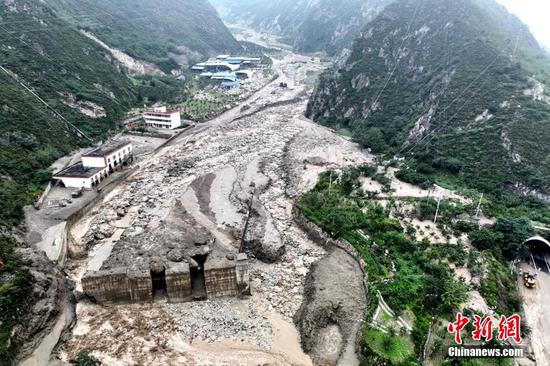
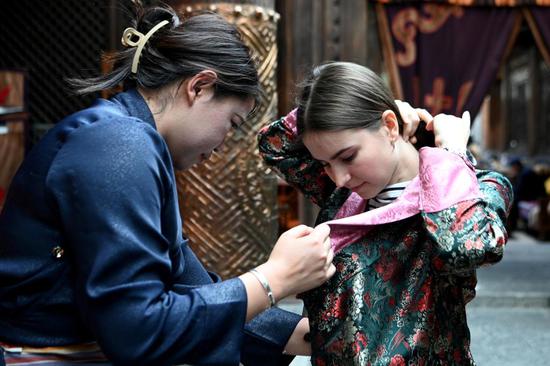

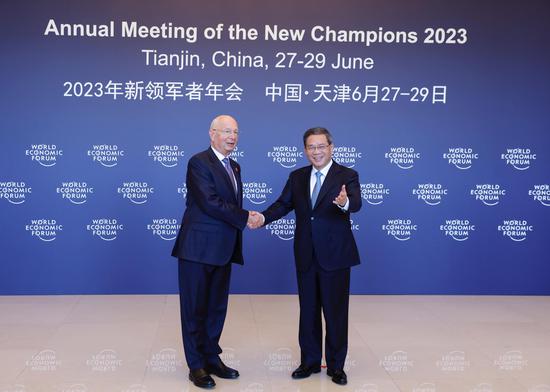
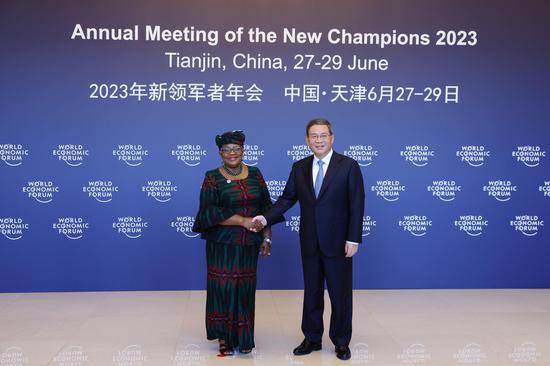
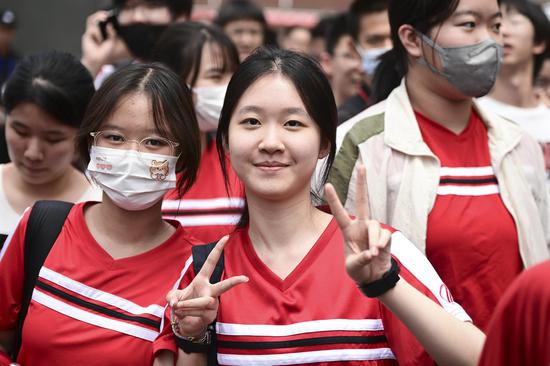
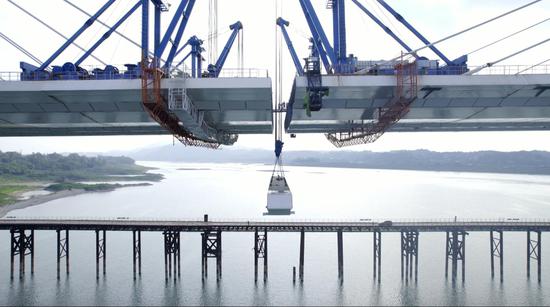


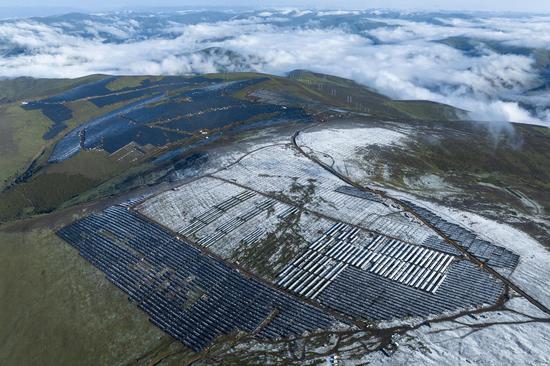

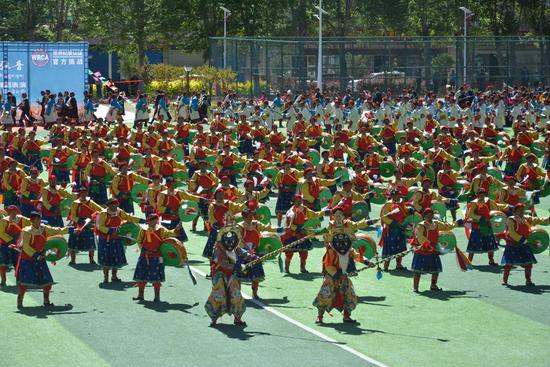
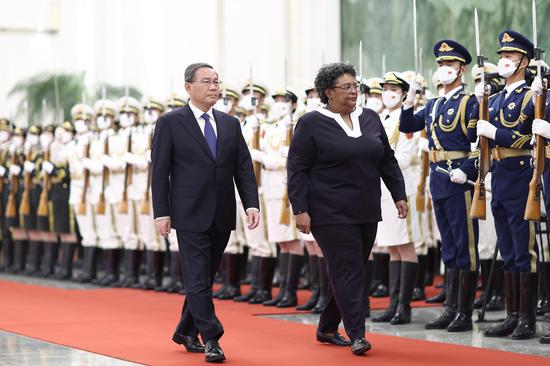
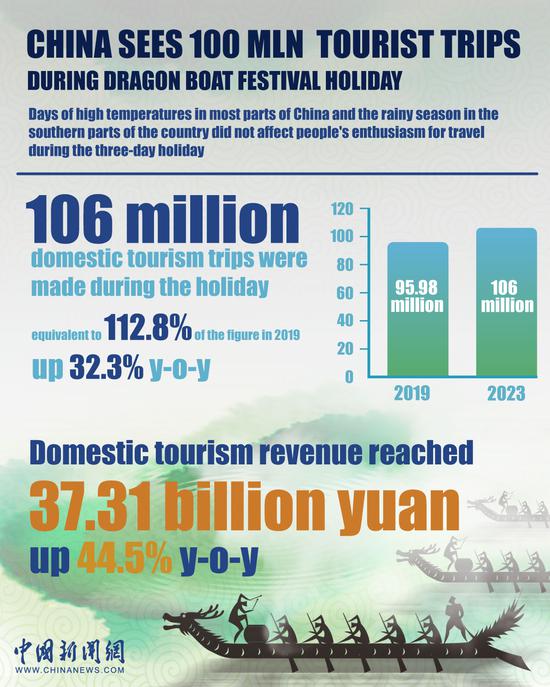
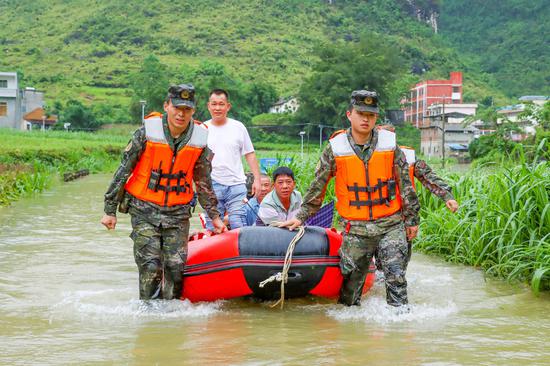



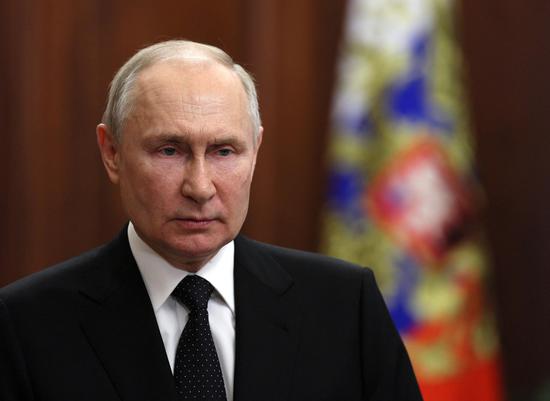
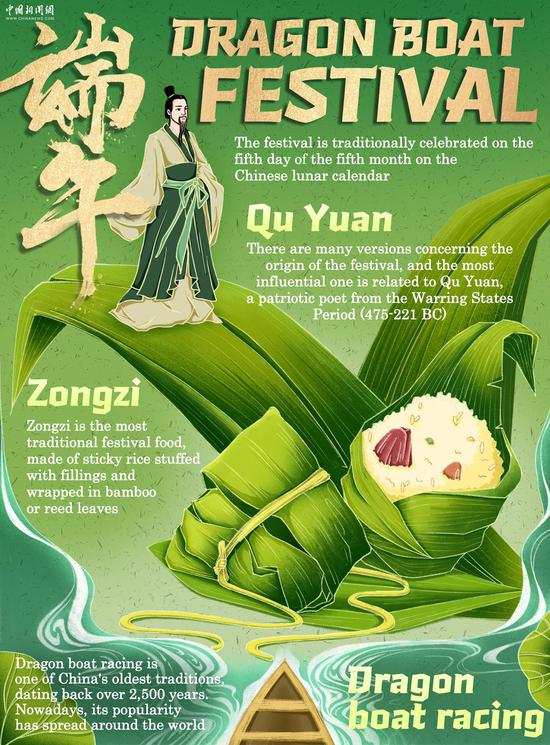



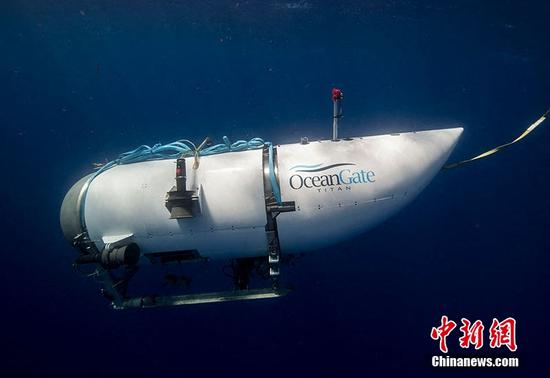




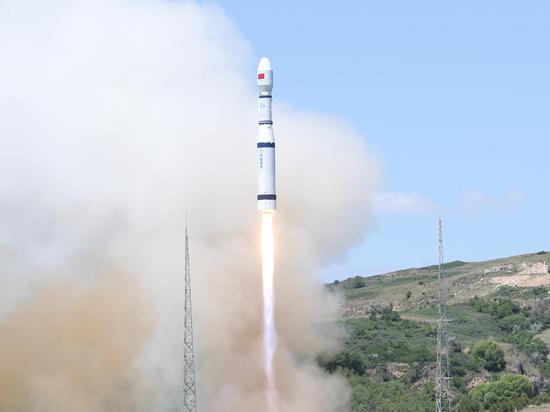



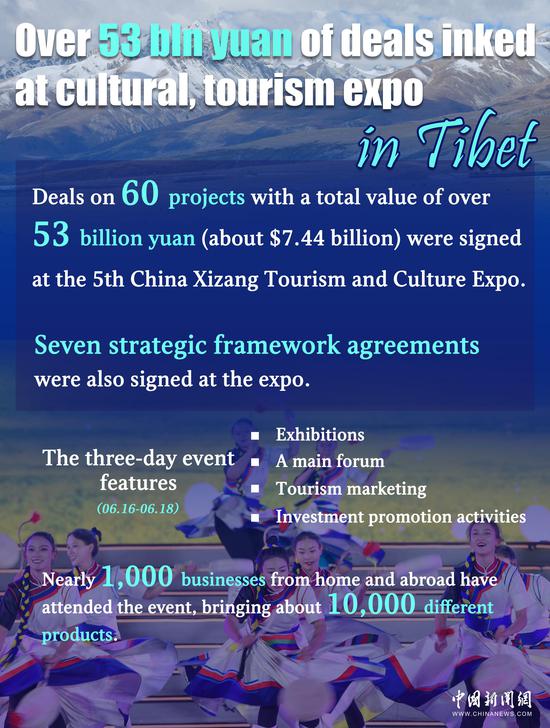
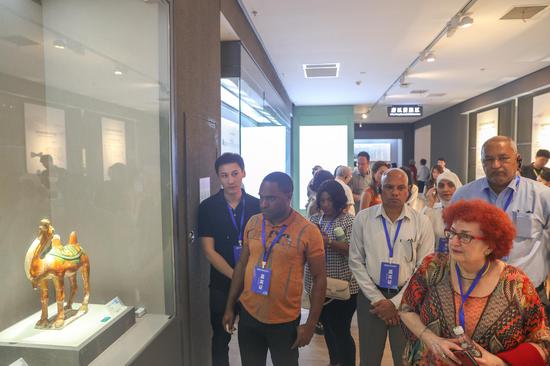






 京公网安备 11010202009201号
京公网安备 11010202009201号